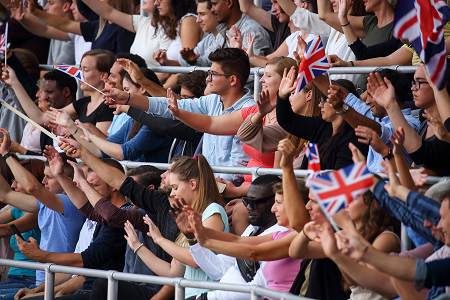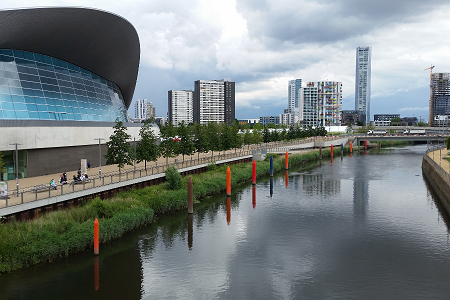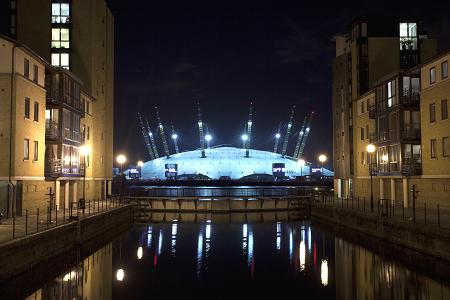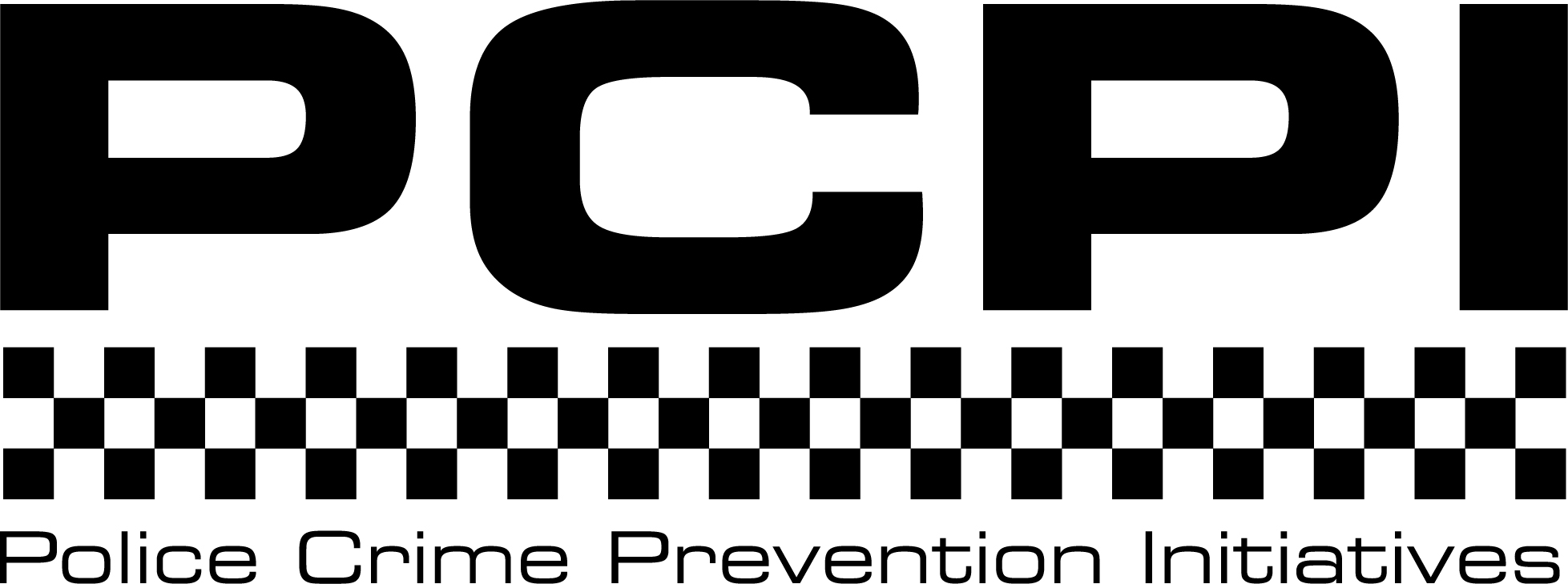YouGov survey reveals call for safer stadiums and arenas with door and crowd control, and having identifiable staff to help, all top priorities
Two out of every three adults want improved safety measures in stadiums and arenas following recent national publicity around the safety of women and girls, a YouGov survey has found.
With safety defined as ‘where efforts have been made to prevent crime, reduce harm and where staff will support you if you are feeling vulnerable’, 5,050 adults in England aged 18-45, were asked whether they agreed with the statement that ‘recent publicity around the safety of women and girls has made it more important for licensed premises to improve their safety procedures’.
In response, the greatest calls for safety improvements were in nightclubs (79%), bars and pubs (76%) and stadiums and arenas at 65%. Calls for safety improvements in other licensed premises included in the survey were hotels and guest houses (64%), sports and social clubs (62%), restaurants (58%) and theatres (52%).
Across all licensed premises in the survey the calls for improved safety were largest from women – with stadiums and arenas coming out at 71% for women and 60% for men.
The survey, carried out between 16 August – 5 September 2021, also found that adults feel significantly less safe across all types of licensed premises included in the survey today than they did prior to the first national lockdown in March 2020. For example, the largest falls in feeling safe were in nightclubs – down 33 percentage points from 81% pre-pandemic to 48% today; bars and clubs down 29 percentage points from 93% to 64% and stadiums and arenas down 27 percentage points from 92% to 65%.
The licensed premises with the lowest percentage points falls were theatres and restaurants with percentage point falls of under 20.

The survey also revealed that 26% of respondents would have visited stadiums and arenas more if they felt safer and 29% are more likely to have visited if it had been granted a Police Safety Award – second only to nightclubs at 33%.
A total of 21% of respondents check out stadiums and arenas prior to visiting. However, 28% look for safety considerations once they have arrived – second only to hotels and guest houses at 30%.
Top of the list of safety features that influences the perceived safety of stadiums and arenas upon arrival are ‘door entry control’ with 50% of respondents choosing this option. Next in order are uniformed staff at 49%; clearly marked fire exits and staff controlling rowdy crowds both 45%; and the venue being well-lit 44%.
These safety feature priorities are broadly the same once inside and moving within stadiums and arenas. A total of 55% of respondents chose checking staff are easily identifiable, followed by clearly marked fire exits (52%); door entry control (47%); staff controlling rowdy groups (46%) and checking that the venue is well-lit (43%).
In addition, the survey revealed a seven percentage point gap between safety checks prior to arriving at stadiums and arenas compared to checks whilst at the establishment – suggesting that large crowds and fire safety risks may have an impact on people’s concerns around safety in these kinds of venues, with people actively checking out lighting and escape routes.

The survey was commissioned by Police Crime Prevention Initiatives (Police CPI), a police-owned organisation, which works alongside the Police Service to deter and reduce crime.
One of Police CPI’s latest initiatives is Licensing Security & Vulnerability Initiative (Licensing SAVI), which seeks to improve safety and security in licensed premises. Developed at the request of the Home Office, Licensing SAVI is being supported by the National Police Chiefs’ Council and Project Servator, which seeks to deter terrorist attacks in public places.
Licensing SAVI brings together for the first time all the information that licensees need to meet the requirements of police and council licensing teams, comply with the Licensing Act 2003 and promote the four Licensing Objectives: Prevention of Public Nuisance, Prevention of Crime and Disorder, Protection of Children from Harm and Public Safety.
Available as an on-line self-assessment, it provides definitive information on effective management practices and operational security as well as some straightforward safety measures, many of which can be introduced quickly and at little or no cost. It leads to a star-rating and venues can apply for an award, which can be displayed at their premises showing the efforts undertaken to enhance safety and security.
Licensing SAVI is the first ever National Policing Award in England and Wales and commenced its national roll out in October to 300 venues in West Yorkshire – a move that is being funded by the West Yorkshire Violence Reduction Unit and delivered in partnership with the West Yorkshire Health and Care Partnership.

Mark Morgan, Business Manager for Licensing SAVI, and a former Police Superintendent, said: “There is a tremendous consistency in these results which show how important safety in licensed premises has become today for men and women – but particularly women.
“In my experience there is some excellent work across the country in terms of safety at stadiums and arenas, with it being really important to ensure staff at all levels are reminded of basic measures they can undertake to enhance safety and, as the survey indicates, provide that reassurance to customers in order to increase their perception of safety.
“Use of Licensing SAVI raises awareness of wider issues from a customers’ perspective and particularly reinforces key issues such as counter terrorism considerations in crowded places.”
Mark explained venue safety and security is especially important now that the UK terrorism threat level has been raised to ‘severe’ following the fatal explosion outside the Liverpool Women’s Hospital on Remembrance Sunday. The attack is being treated as a terrorist incident.
“Raising the threat level from ‘substantial’ to ‘severe’ is the difference between an attack being’ likely’ to being ‘highly likely’,” explained Mark. The decision by the Joint Terrorism Analysis Centre (JTAC) has been driven by two terrorist incidents in the past month, reflecting the diverse, complex and volatile nature of the terrorist threat in the UK.

Contact Licensing SAVI
Email:
Web: https://licensingsavi.com

About Police CPI
Police Crime Prevention Initiatives (Police CPI) is a police-owned, not-for-profit organisation which delivers a wide range of innovative and ground-breaking crime prevention and demand reduction initiatives to support the UK Police Service, Government and the public. Senior police officers control and direct the work Police CPI carries out on behalf of the Police Service.
Visit: https://www.policecpi.com
Women’s Night Safety Charter
In March 2021, as part of its commitment to providing safer and more secure venues through Licensing SAVI, Police CPI signed up to the Women’s Night Safety Charter, which seeks to make London a place where women feel ‘confident and welcome’ at night. It means Police CPI will actively support the Charter’s seven pledges and encourage other businesses and organisations in the capital to join in to tackle violence against women.